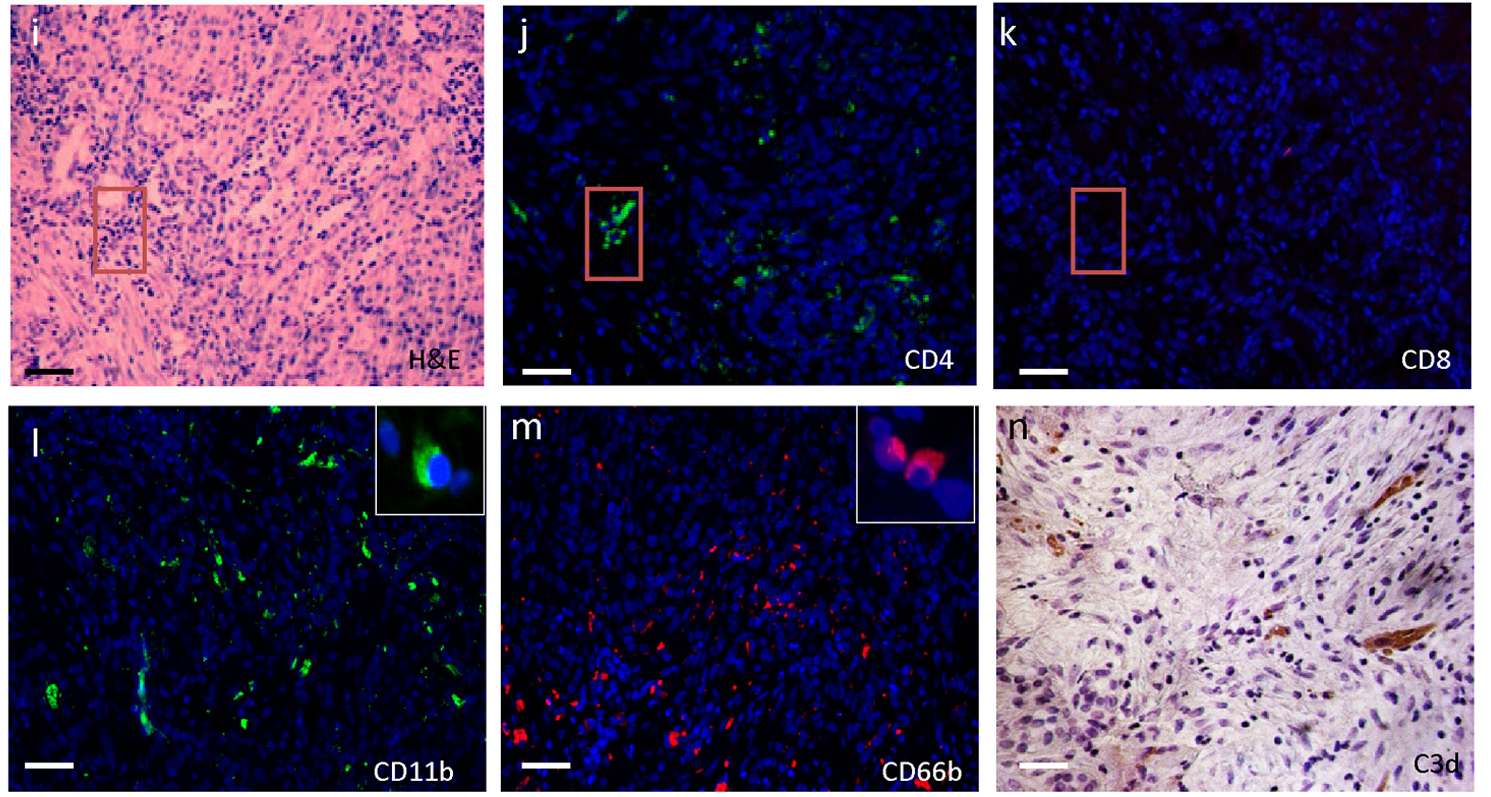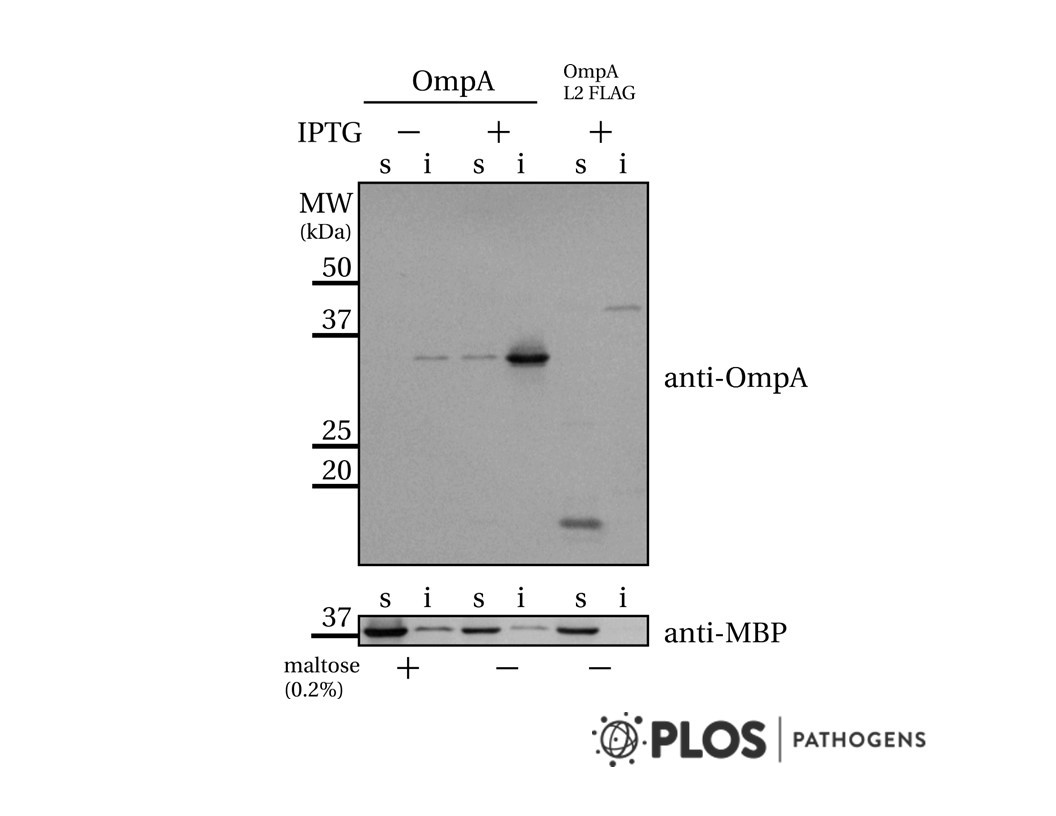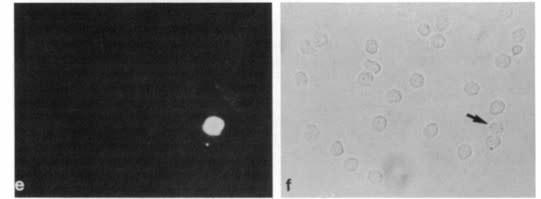
Cat. #157894
Anti-UCP2 [A1P2A9*F5]
Cat. #: 157894
Unit size: 100 ug
Availability: 10-12 weeks
Target: Uncoupling Protein 2 (Mitochondrial, Proton Carrier) (UCP2)
Class: Monoclonal
Application: ELISA ; IHC ; WB
Reactivity: Human
Host: Mouse
£300.00
This fee is applicable only for non-profit organisations. If you are a for-profit organisation or a researcher working on commercially-sponsored academic research, you will need to contact our licensing team for a commercial use license.
Contributor
Inventor: Abdo Alnabulsi
Institute: Vertebrate Antibodies Limited
Tool Details
*FOR RESEARCH USE ONLY
- Name: Anti-UCP2 [A1P2A9*F5]
- Class: Monoclonal
- Conjugation: Unconjugated
- Molecular weight: 36
- Strain: Balb/c
- Reactivity: Human
- Host: Mouse
- Application: ELISA ; IHC ; WB
- Description: A monoclonal antibody against Uncoupling Protein 2 (UCP2). UCPs are members of mitochondrial anion carrier proteins (MACP) family. UCPs create proton leaks across the inner to outer mitochondrial membrane by uncoupling oxidative phosphorylation from ATP synthesis. As a result, energy is dissipated in the form of heat. It is thought to play a role in non-shivering thermogenesis, obesity and diabetes. The main function of UCP2 is the control of mitochondria-derived reactive oxygen species.
- Immunogen: P55851
- Immunogen uniprot id: P55851
- Isotype: IgG1 kappa
- Myeloma used: P3X63Ag8.653
- Recommended controls: ELISA- Peptide immunogen, Western Blot- HEK293 engineered to overexpress UCP2 cell lysate, Mass spectrometry-peptide analysis of band (western blot), IHC- formalin-fixed, paraffin-embedded multi-tissue microarray (expression was profiled over 54 different human tissues))
Target Details
- Target: Uncoupling Protein 2 (Mitochondrial, Proton Carrier) (UCP2)
- Molecular weight: 36
- Target background: A monoclonal antibody against Uncoupling Protein 2 (UCP2). UCPs are members of mitochondrial anion carrier proteins (MACP) family. UCPs create proton leaks across the inner to outer mitochondrial membrane by uncoupling oxidative phosphorylation from ATP synthesis. As a result, energy is dissipated in the form of heat. It is thought to play a role in non-shivering thermogenesis, obesity and diabetes. The main function of UCP2 is the control of mitochondria-derived reactive oxygen species.
Applications
- Application: ELISA ; IHC ; WB
Handling
- Format: Liquid
- Unit size: 100 ug
- Shipping conditions: Shipping at 4° C





